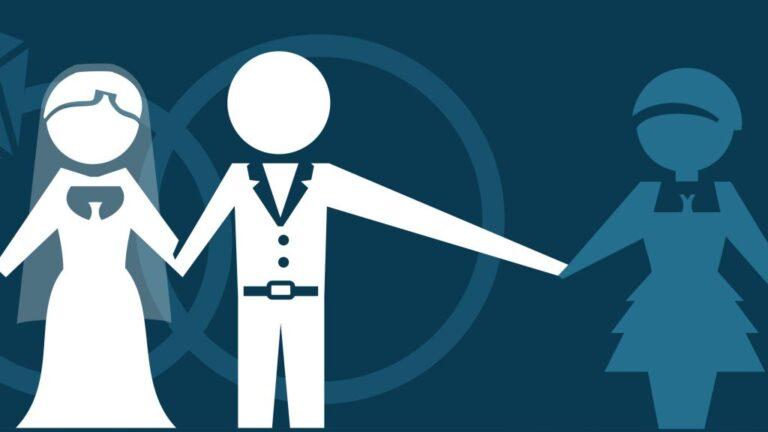When navigating the complexities of divorce, determining the division of assets is a critical step. Among the myriad types of assets that couples might need to divide, personal injury settlements stand out as particularly nuanced. The question of whether these settlements are considered marital property is not only common but also laden with legal intricacies.
Understanding Marital vs. Separate Property
To grasp the status of personal injury settlements in divorce, it’s essential to first understand the distinction between marital and separate property. Marital property, also known as community property in some jurisdictions, includes assets and debts acquired during the marriage. Separate property refers to assets and debts one spouse owned before the marriage or received as a gift or inheritance during the marriage.
The Nature of Personal Injury Settlements
Personal injury settlements are compensations awarded to individuals who have suffered harm due to someone else’s negligence or intentional actions. These settlements are typically meant to cover various aspects of the victim’s losses, including medical expenses, lost wages, pain and suffering, and emotional distress.
Division of Personal Injury Settlements in Divorce
Whether a personal injury settlement is considered marital property depends on several factors, including the purpose of the settlement and the timing of the injury and settlement award. Here’s a breakdown of how these factors can influence the division of a personal injury settlement in a divorce:
Purpose of the Settlement: If the settlement is meant to compensate for lost wages or medical expenses incurred during the marriage, it is likely to be considered marital property. However, if a portion of the settlement is intended as compensation for the individual’s pain and suffering, it may be deemed separate property.
Timing of the Injury and Settlement: If the injury occurred and the settlement was received during the marriage, the settlement is more likely to be considered marital property. Conversely, if the injury and settlement occurred before or after the marriage, the settlement is typically viewed as separate property.
State Laws: The classification of personal injury settlements can also depend on state laws. In community property states, all property acquired during the marriage is generally considered joint property, whereas, in equitable distribution states (Georgia included), assets are divided based on fairness, which may or may not result in an equal split.
Protecting Personal Injury Settlements
Individuals concerned about protecting their personal injury settlements in the event of a divorce should consider the following steps:
Prenuptial Agreements: A prenuptial agreement can specify the treatment of personal injury settlements, ensuring they remain separate property.
Segregation of Funds: Keeping personal injury settlement funds separate from marital assets can help maintain their status as separate property.
Legal Documentation: Ensure that the settlement specifies which portions are for lost wages and medical expenses and which are for pain and suffering.
Seek Legal Advice
Given the complexities surrounding personal injury settlements and marital property laws, it’s crucial to seek legal advice. A skilled attorney can provide guidance tailored to your specific circumstances, ensuring that your rights are protected during the division of assets in a divorce.
In conclusion, the classification of personal injury settlements as marital or separate property varies based on several factors, including the settlement’s purpose, the timing of the injury and settlement, and state laws. Understanding these nuances and taking proactive steps can help individuals protect their interests in the event of a divorce.




